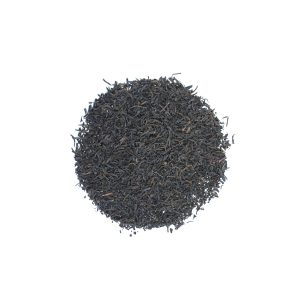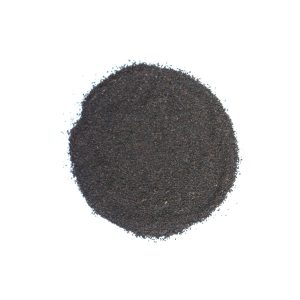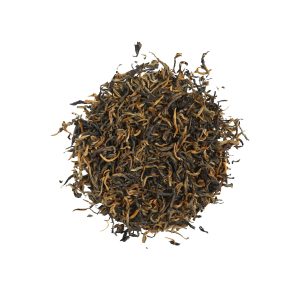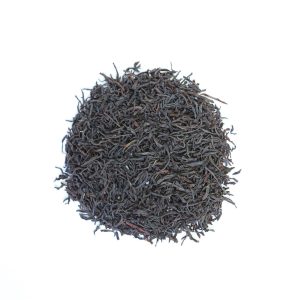The peach was first cultivated in north-west China and today China produces over 60% of the world’s total peaches and nectarines. The ancient Romans referred to the peach as malumpersicum which translates as Persian Apple although the scientific name is prunus persica which actually means Persian Plum due to the peaches close genetic relationship to the plum.
Our peach tea uses a fine quality Keemun as its base and is then flavoured with natural peach flavouring and pieces of dried peach. This tea is stocked by many of our wholesale customers and we have had several enquiries regarding its availability for home use.
The peach was a highly prized tree in ancient China which was believed to have more spirit and vivacity than any other tree because peach blossoms appear even before the leaves form on the branches.
Peach wood was also regarded as a safeguard against evil spirits even to the extent of shooting peach wood arrows from peach wood bows in every direction around a place or person in order to diminish evil. Carved peach stones were widely used as talismans to protect a person and maintain their health. Peach stones are also widely used in traditional Chinese medicine to manage blood equilibrium, to reduce inflammation and to counter the effects of allergies. The Koreans in general see the Peach tree as one of happiness, riches, honour and long life and many famous European artists, for example Caravaggio, Renoir, Monet, Manet, Rubens and Van Gogh have all painted peaches and Peach trees, with many students of art suggesting that these compositions are symbolic and used to represent the heart or good health.
After infusing for 3-5 minutes the tea will have a pleasant brownish liquor with a pungent peach aroma. Some customers have told us of how they brew this delightful tea and then chill it overnight in the fridge and serve it cold as a cooling Summer drink.
Ingredients: Black tea, flavour, marigold petals, peach pieces


 Click & Collect Available From Our Store
Click & Collect Available From Our Store



Reviews
There are no reviews yet.